Nitin Gadkari Says 1 Crore EV Sales Expected Annually in India by 2030
Alongside expected EV sales, Union Minister Nitin Gadkari hinted at the EV segment to create more than 5 crore jobs by the end of this decade.
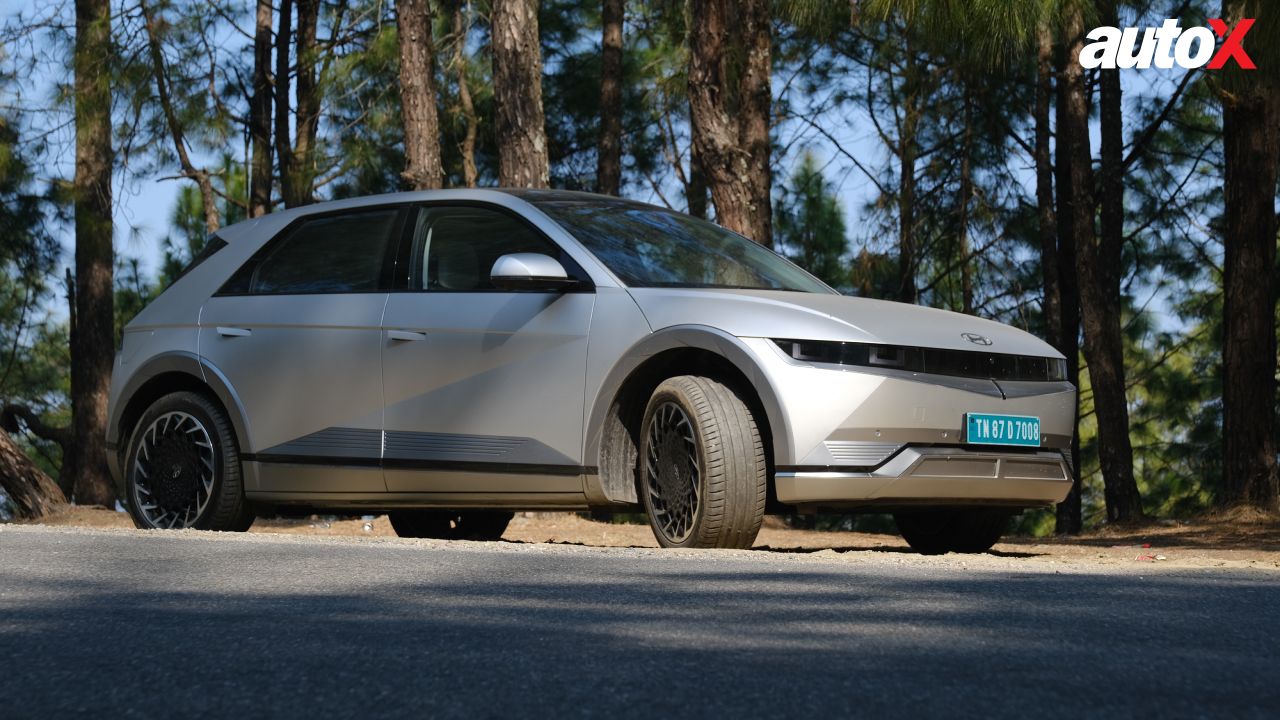
Nitin Gadkari, the Union Minister of Road Transport and Highways, stated at this year's EV Expo that India has the potential to become the leading manufacturer of electric vehicles in the world, surpassing all other countries. He further added that the country is expected to sell one crore electric vehicles annually by 2030. The segment is also likely to create job opportunities for more than 5 crore people by the end of this decade. By promoting the use of EVs for logistics and public transit and highlighting the need to convert current vehicles to hybrid and electric models, the government is making a relentless effort to promote sustainable mobility in India. According to the Vahan database, there are currently 34.54 lakh EVs registered in India, as stated by Gadkari during the 19th EV Expo. From April through November of 2023, India saw a 50% increase in electric vehicle sales, with a total of 1,387,114 units sold. The two-wheelers accounted for 56% of sales, while three-wheelers made up 38%, according to industry reports.
The Indian government aims to make the nation the world's largest producer of electric vehicles and establish it as a leader in mass production and use of clean energy.
Also Read: Current Delhi EV Policy Extended till December 31; Here's All You Need to Know
Measures for Increasing EV Adoption
To encourage the production and adoption of electric vehicles, the government of India has been implementing many initiatives. These comprise the conversion of current cars into hybrid and all-electric vehicles, and the switch of public transportation and logistics to electric vehicles.
Electric vehicles currently cost about 25-30% more than their internal combustion engine counterparts due to the high import content and expensive batteries. However, experts predict that the cost of electric vehicles will decrease in the coming years, owing to the larger scale of production and lower battery costs. As a result, electric vehicles are expected to become cost-competitive with traditional vehicles soon.
The government has introduced the PLI programme to encourage the production of battery cells and strengthen the ecosystem of suppliers, which in turn will promote electric vehicles. To accelerate the adoption of EVs, the authorities are also urging state governments to implement their own EV policies.
Nitin Gadkari recently also emphasised the government's resistance to the introduction of driverless vehicles in India.
Also Read: No Additional 10% GST on Diesel Vehicles in India, Confirms Nitin Gadkari
Driverless Cars, A Threat to Employment
During the Zero Mile Samvad occasion, which was set up by IIM Nagpur, Nitin Gadkari voiced his vehement objection to the entry of autonomous vehicles into the nation. He strongly opposes the use of driverless cars as it can threaten the jobs of many Indian drivers who work in the tourist, logistics, and transportation sectors. These industries provide employment opportunities for thousands of people in our nation. If self-driving cars are introduced in the Indian market, about 80 lakh individuals across various businesses may lose their source of livelihood.
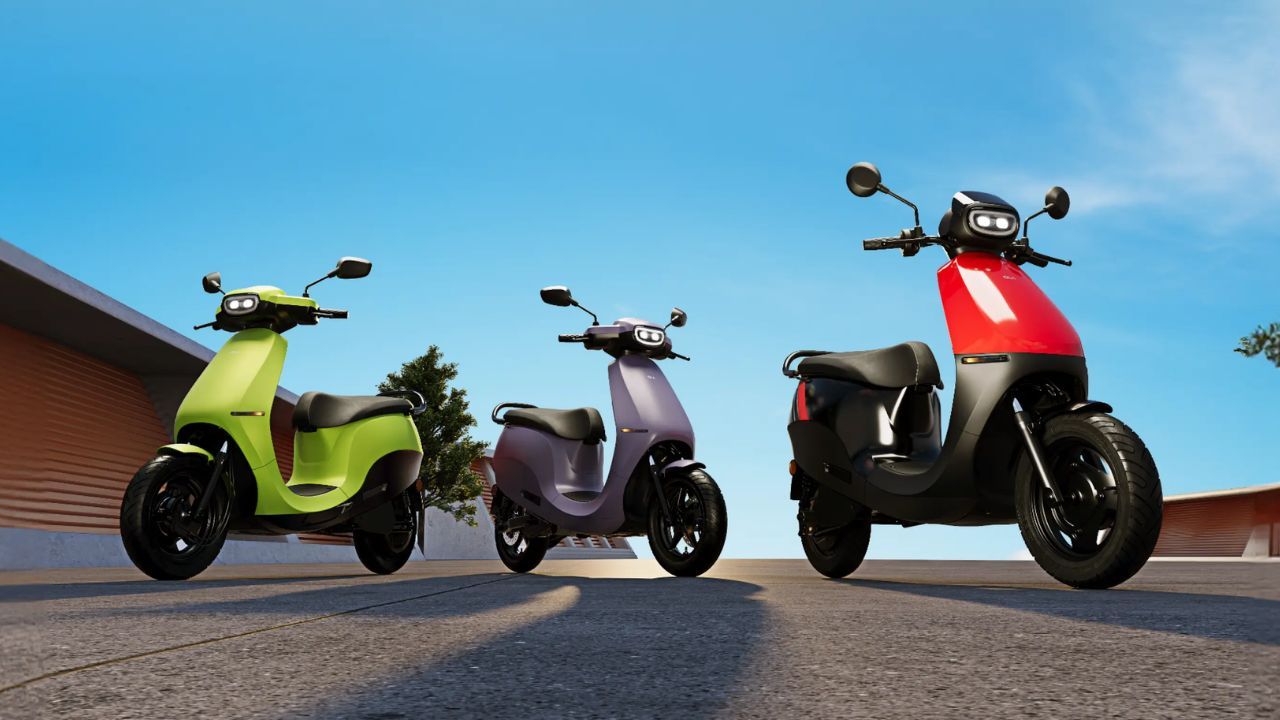
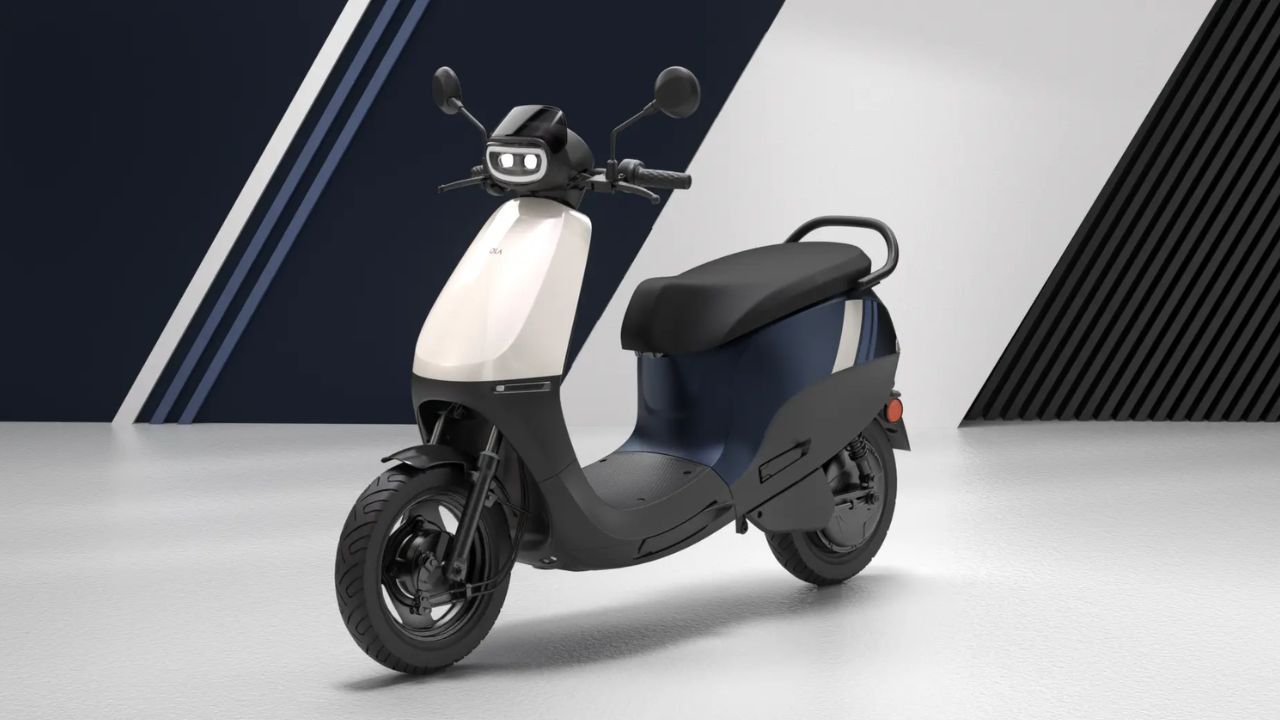
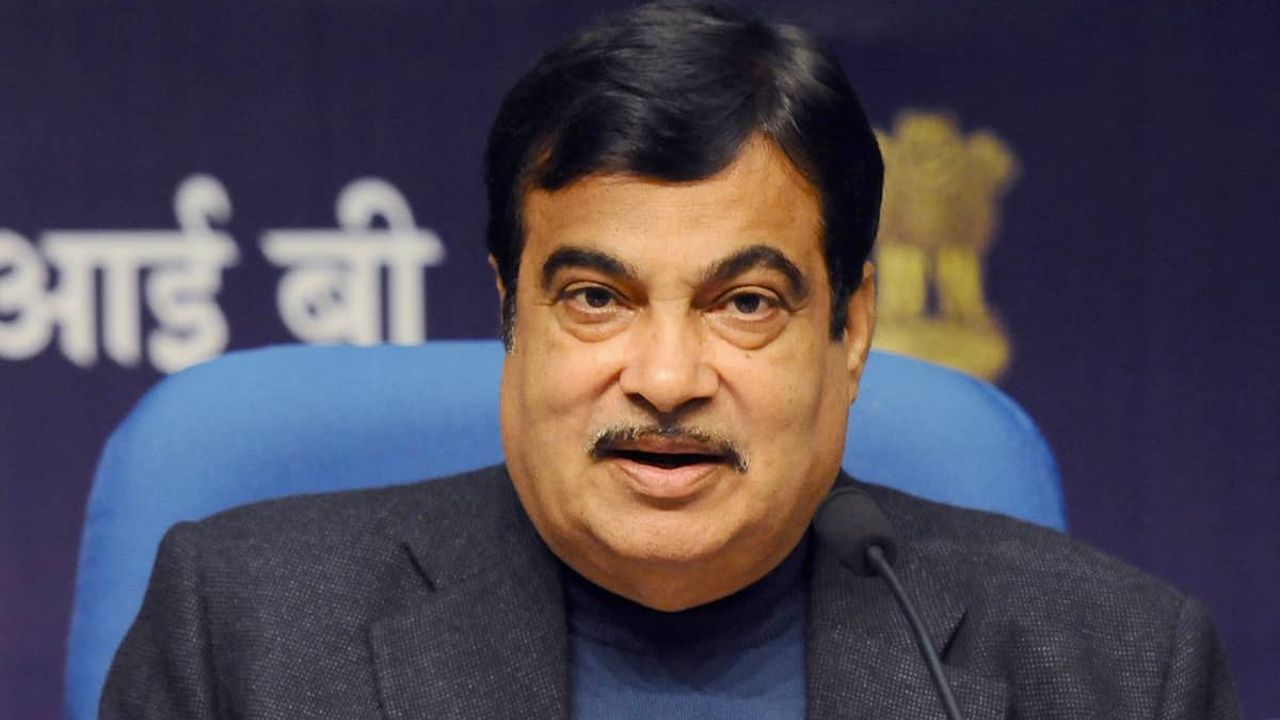
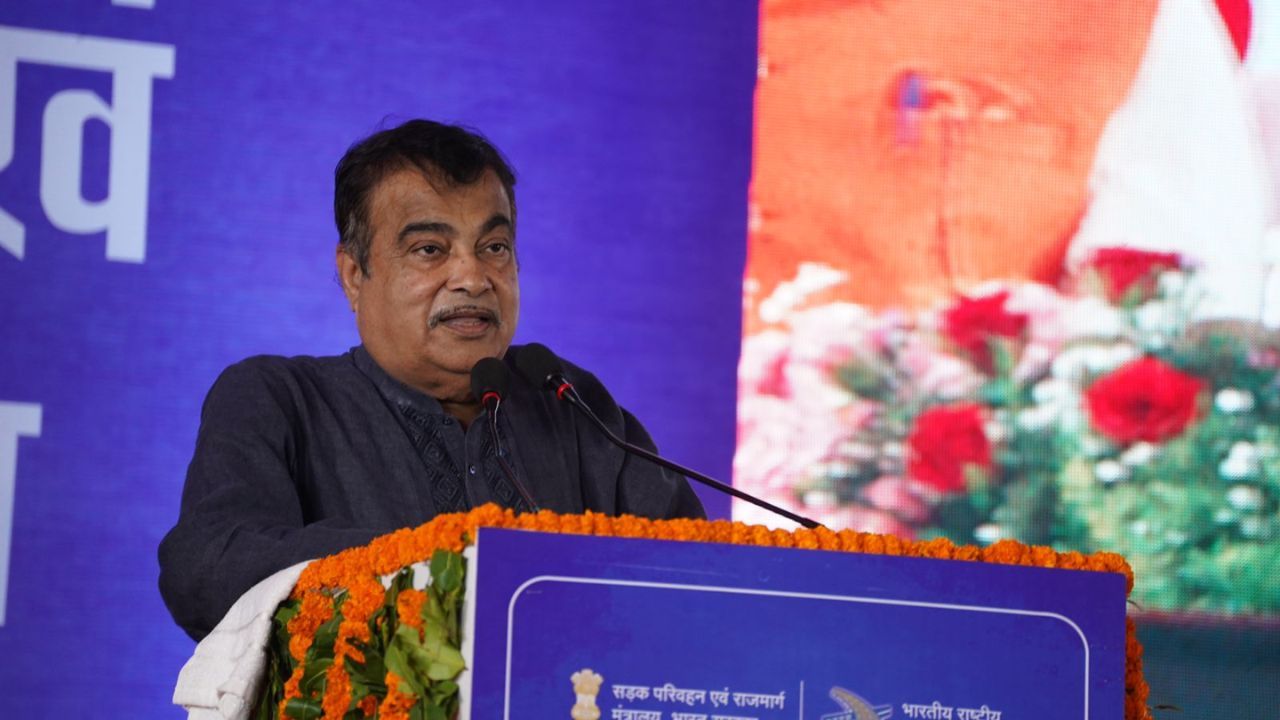
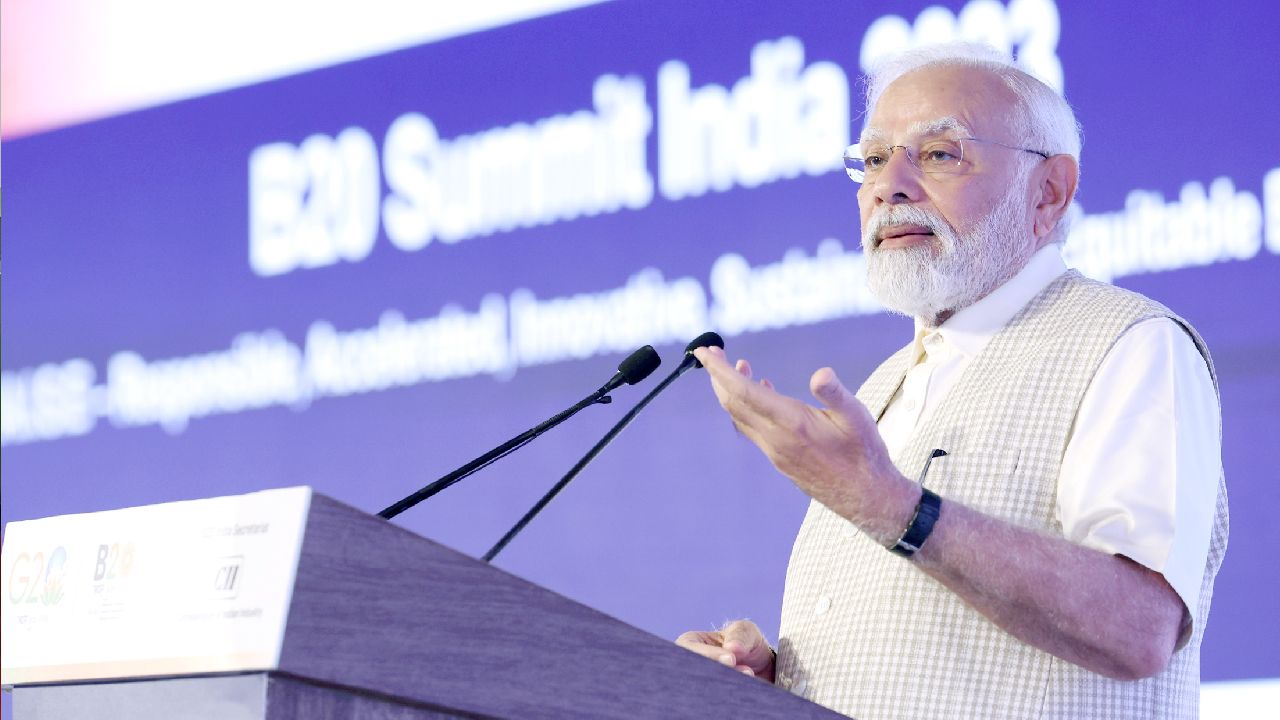
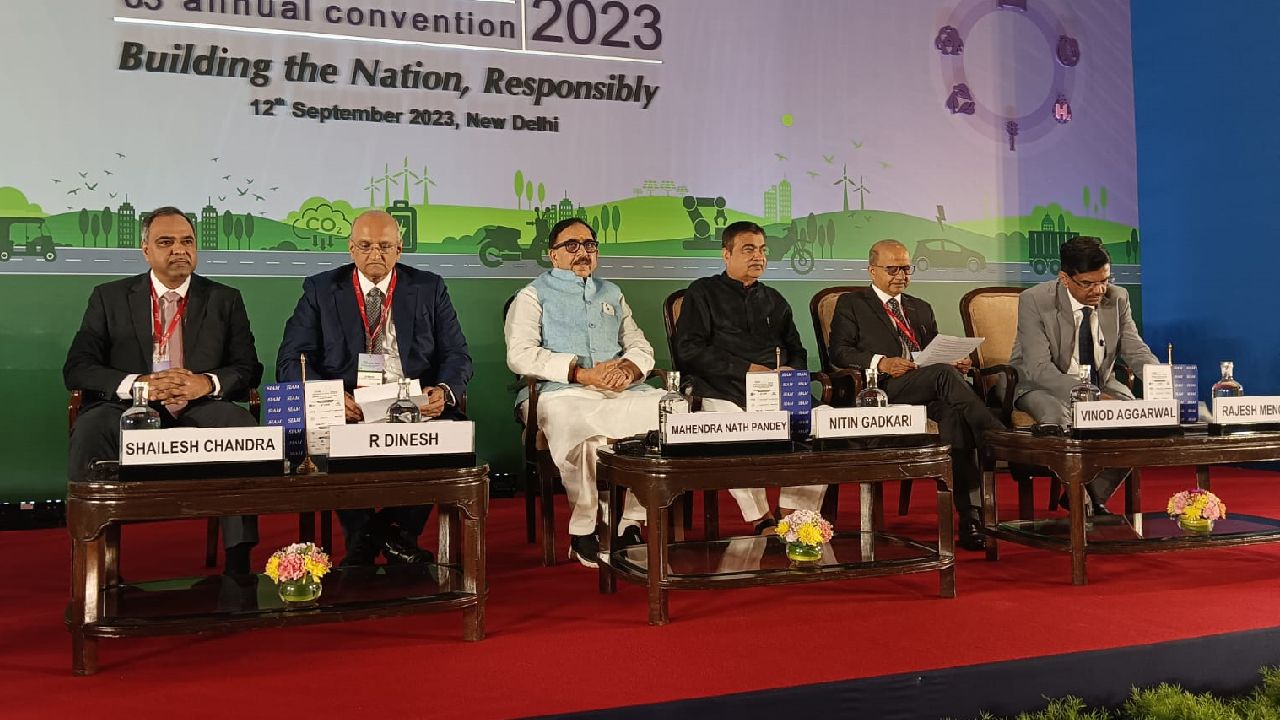


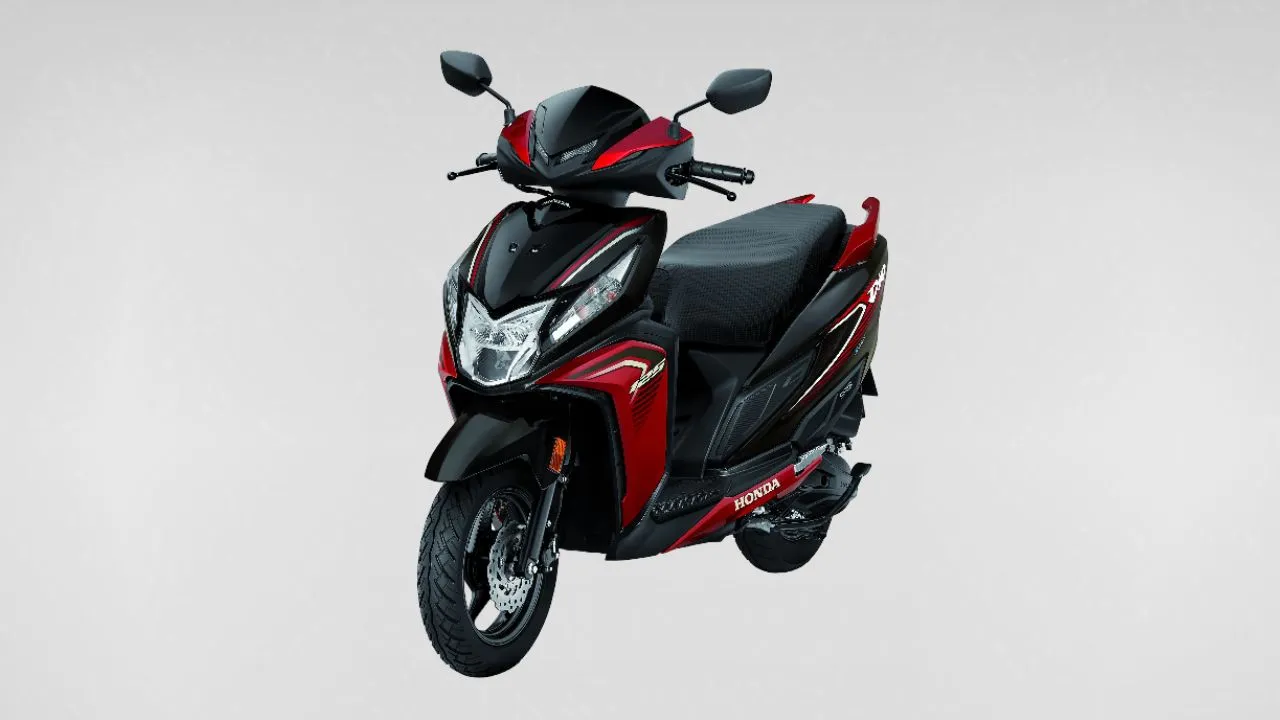
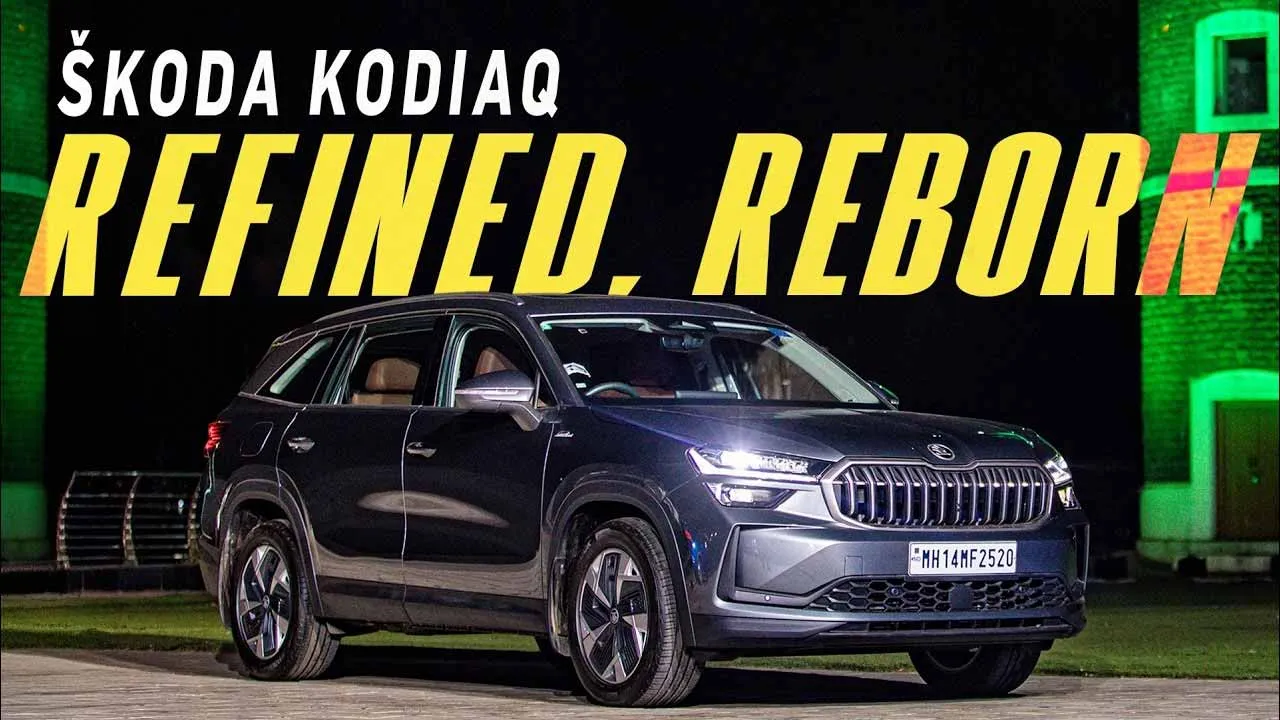
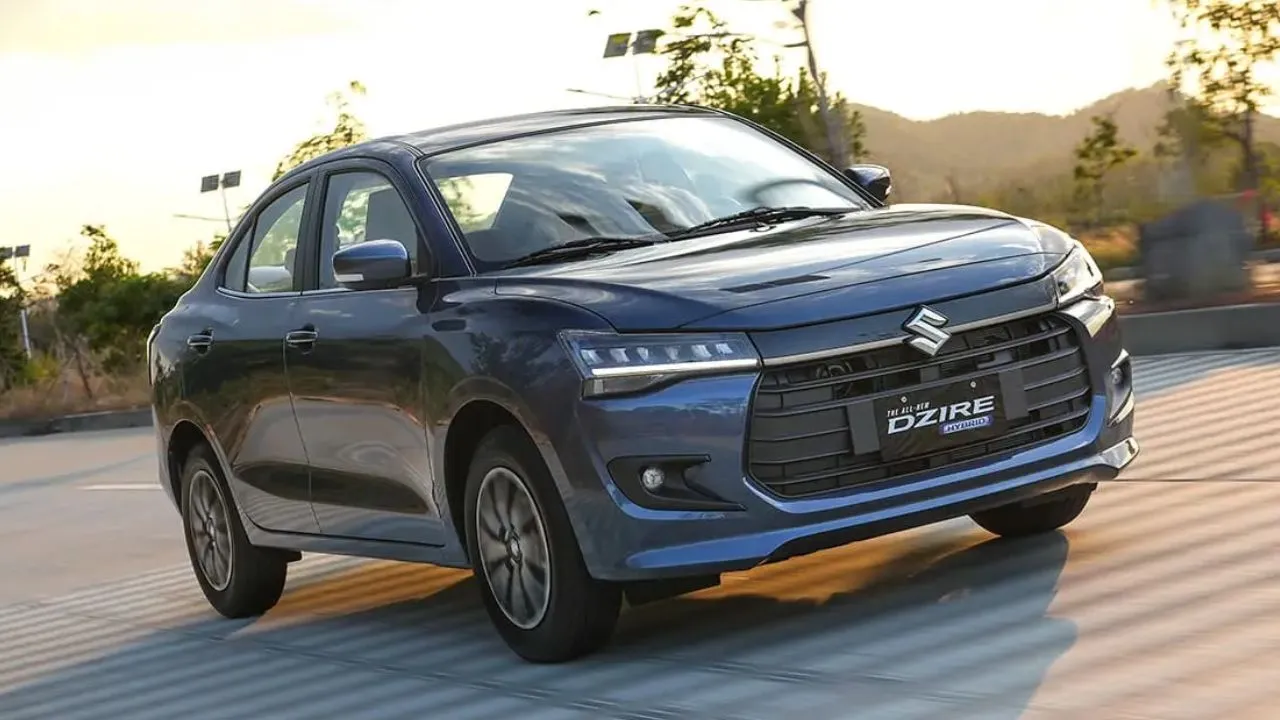
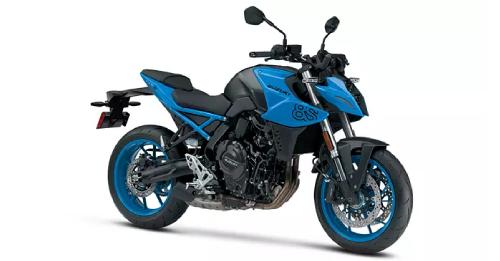
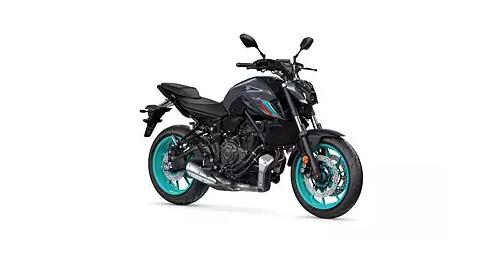
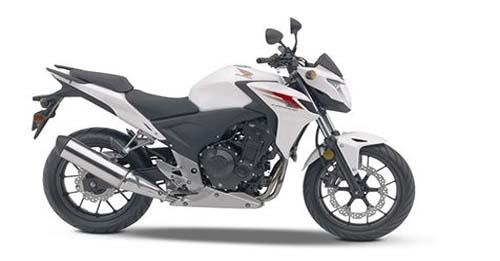
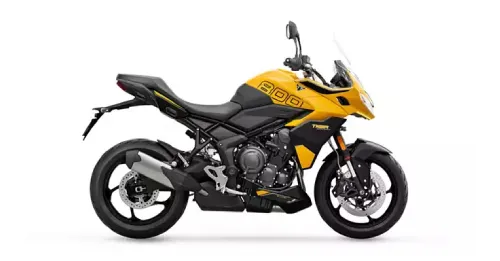
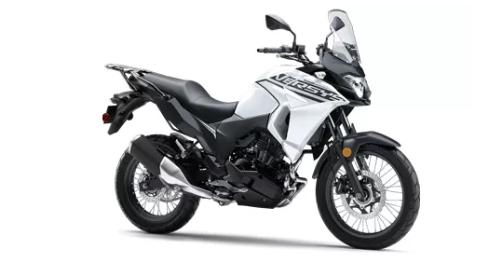














Write your Comment on